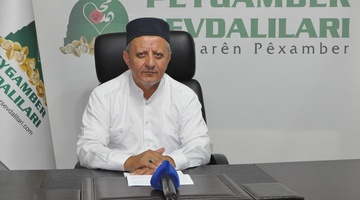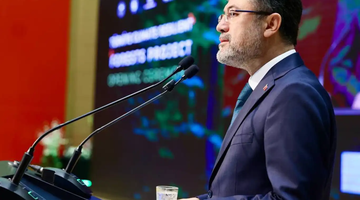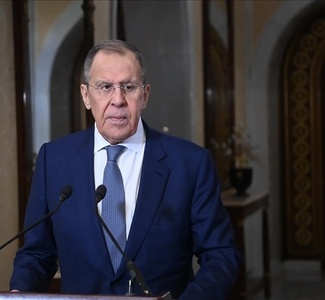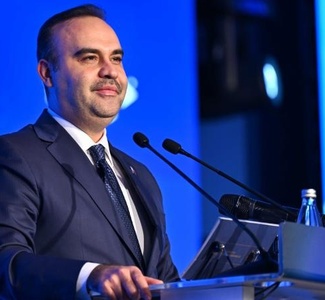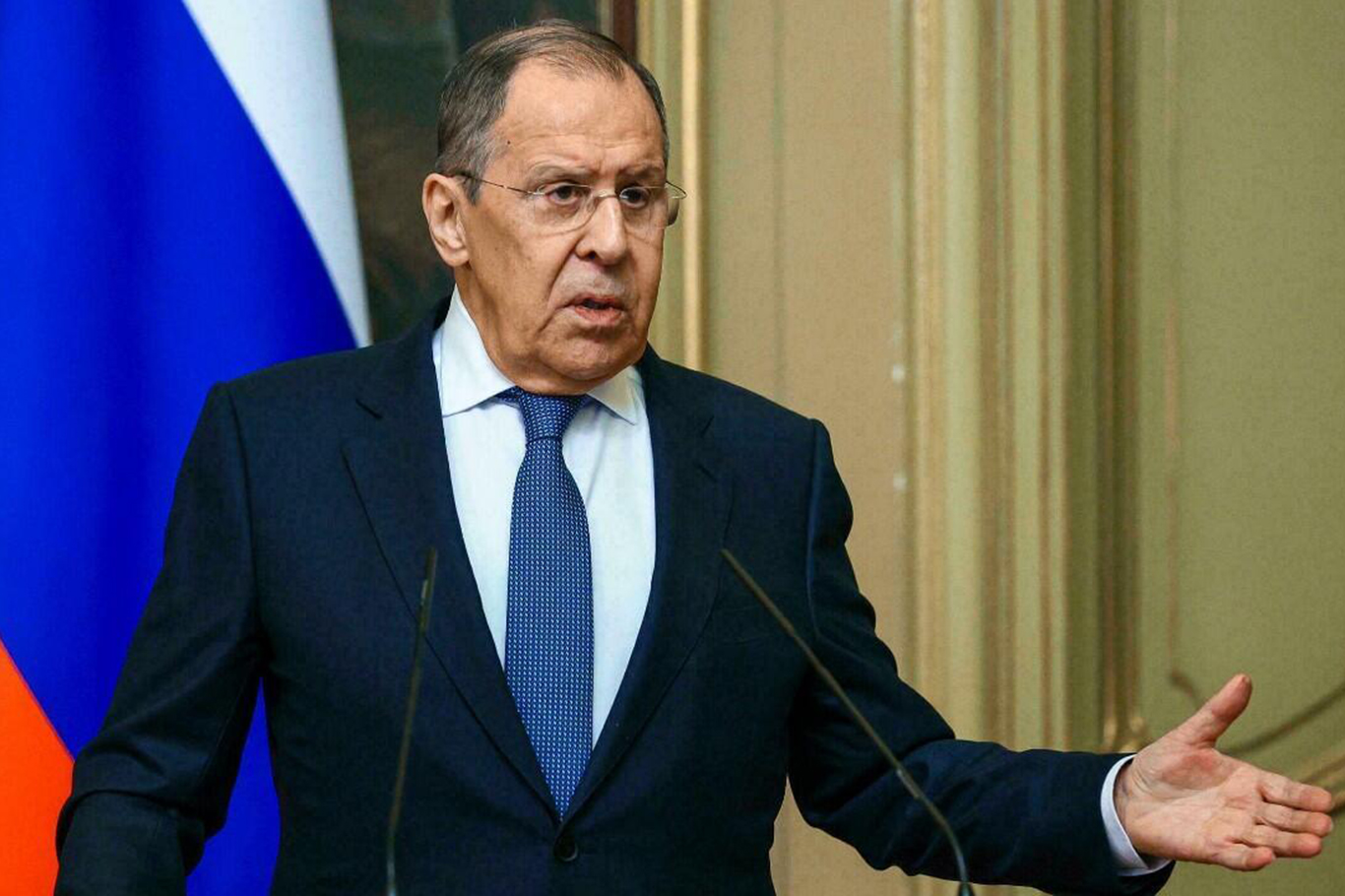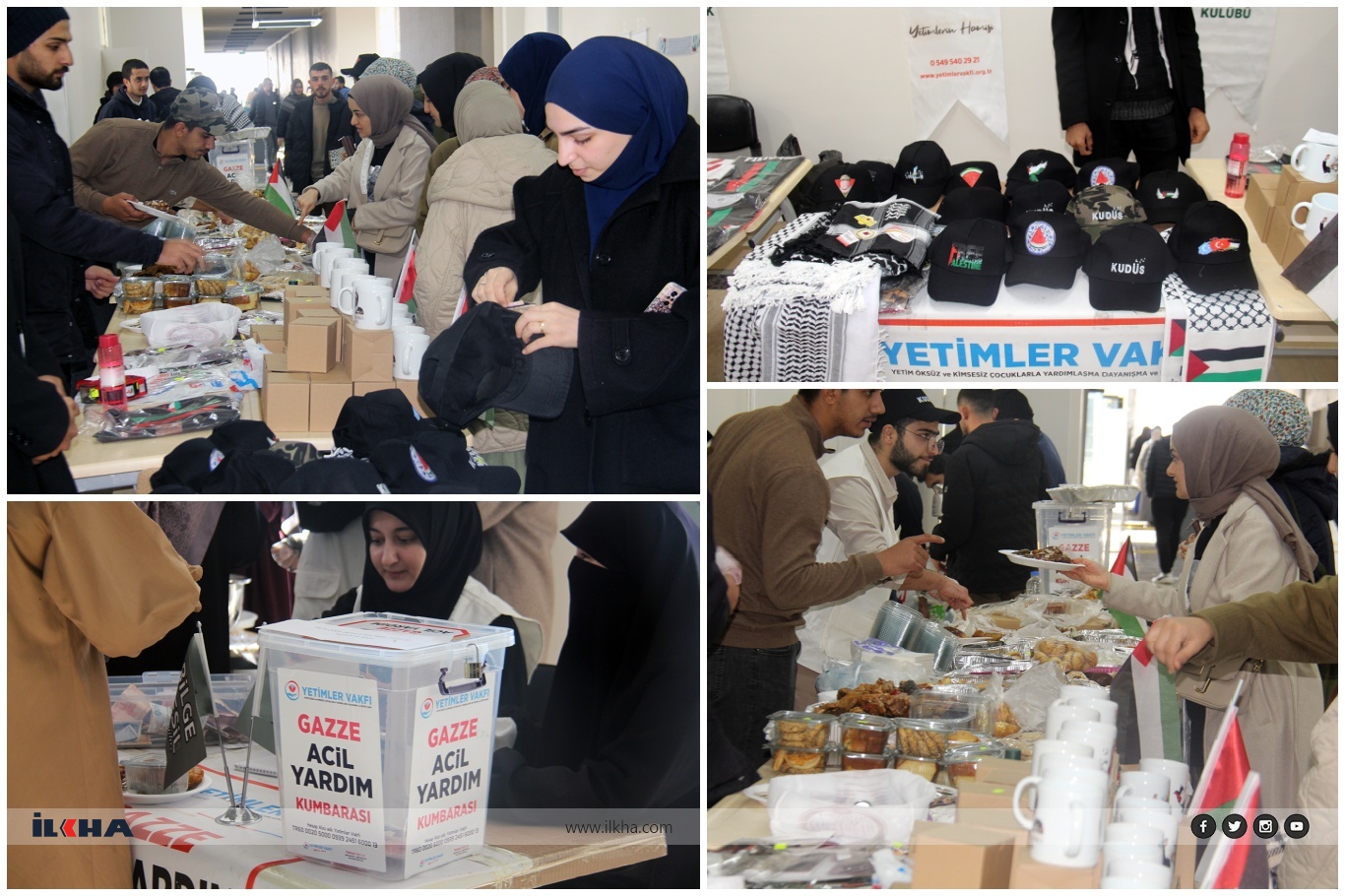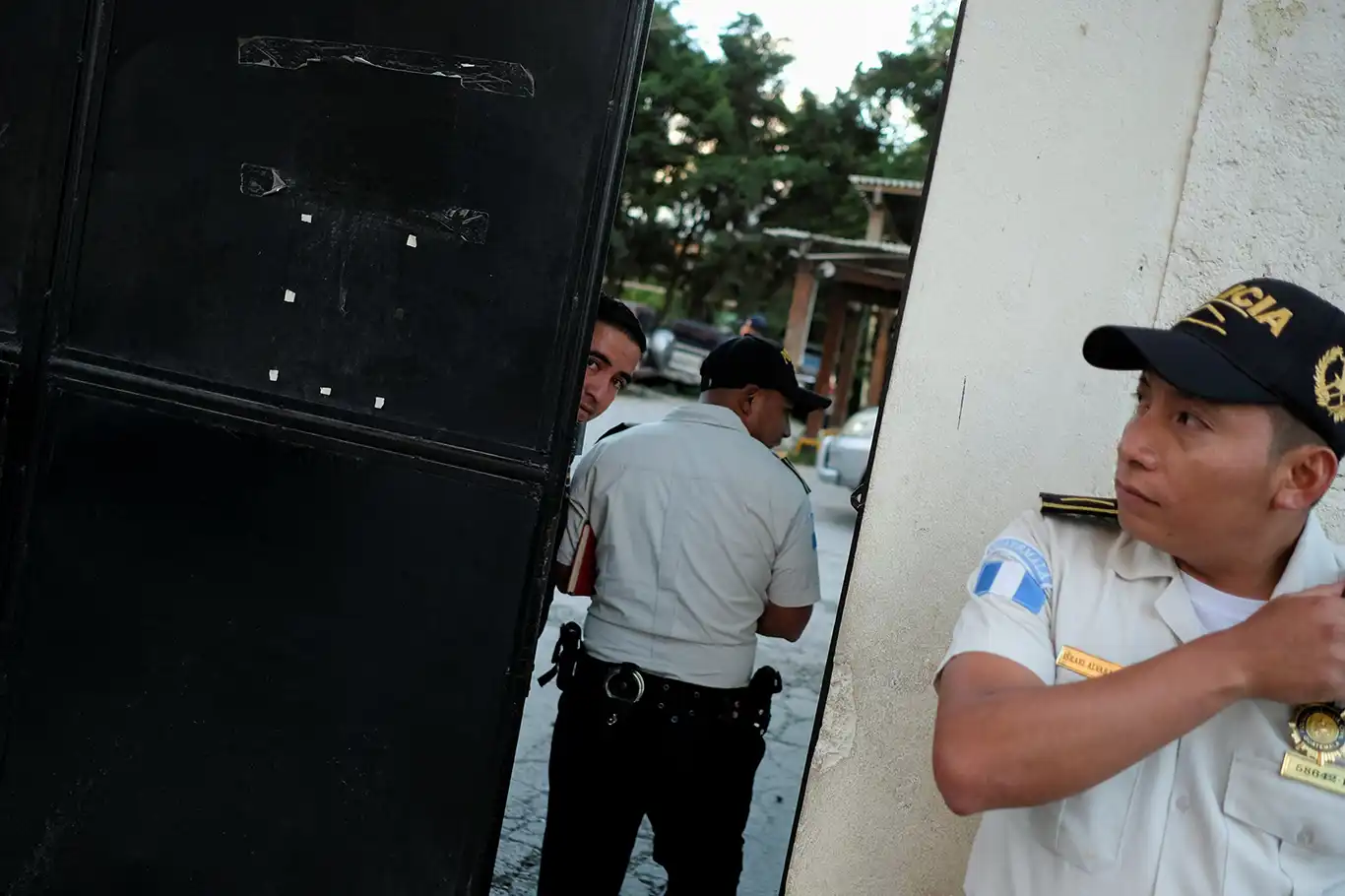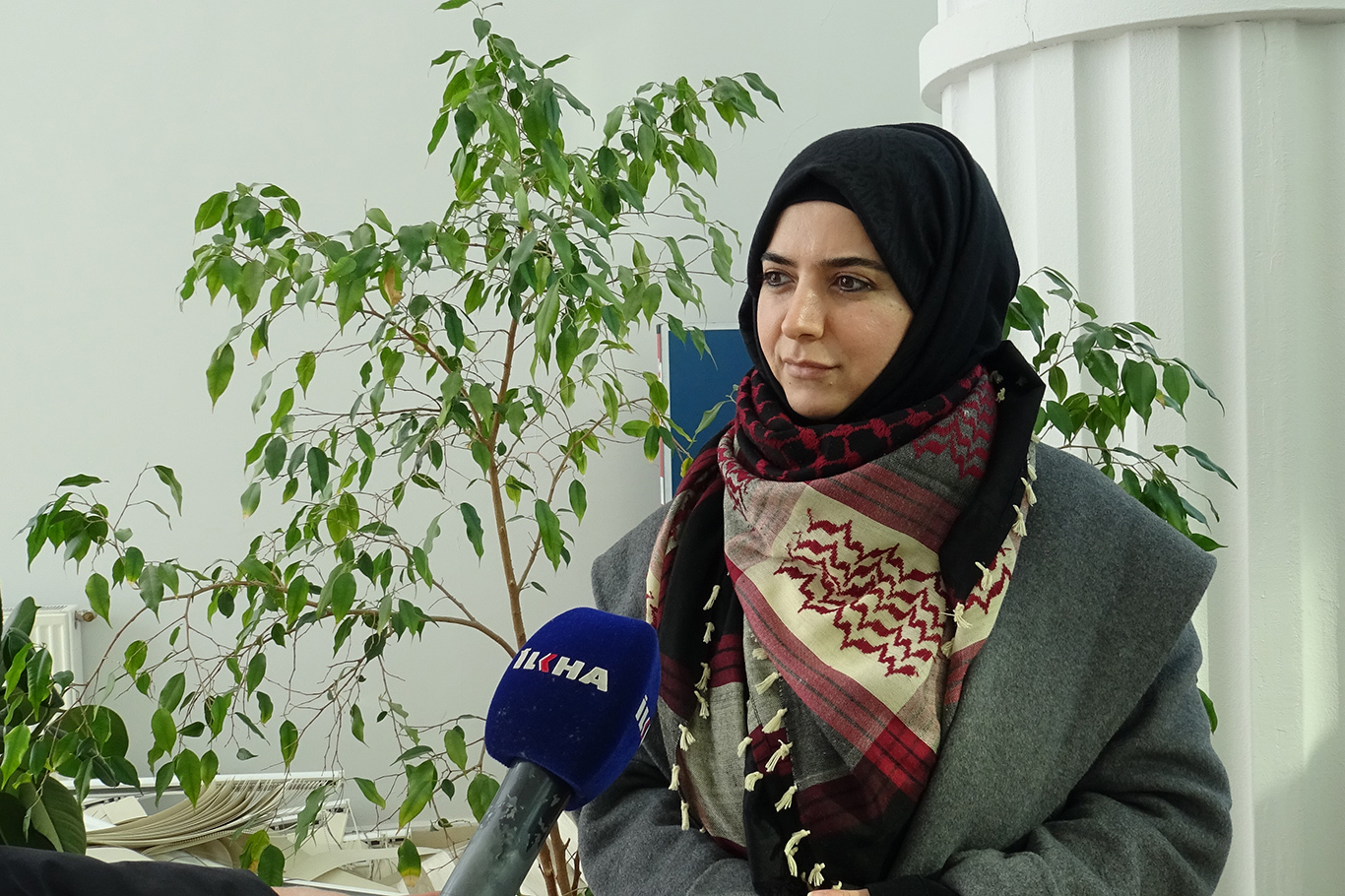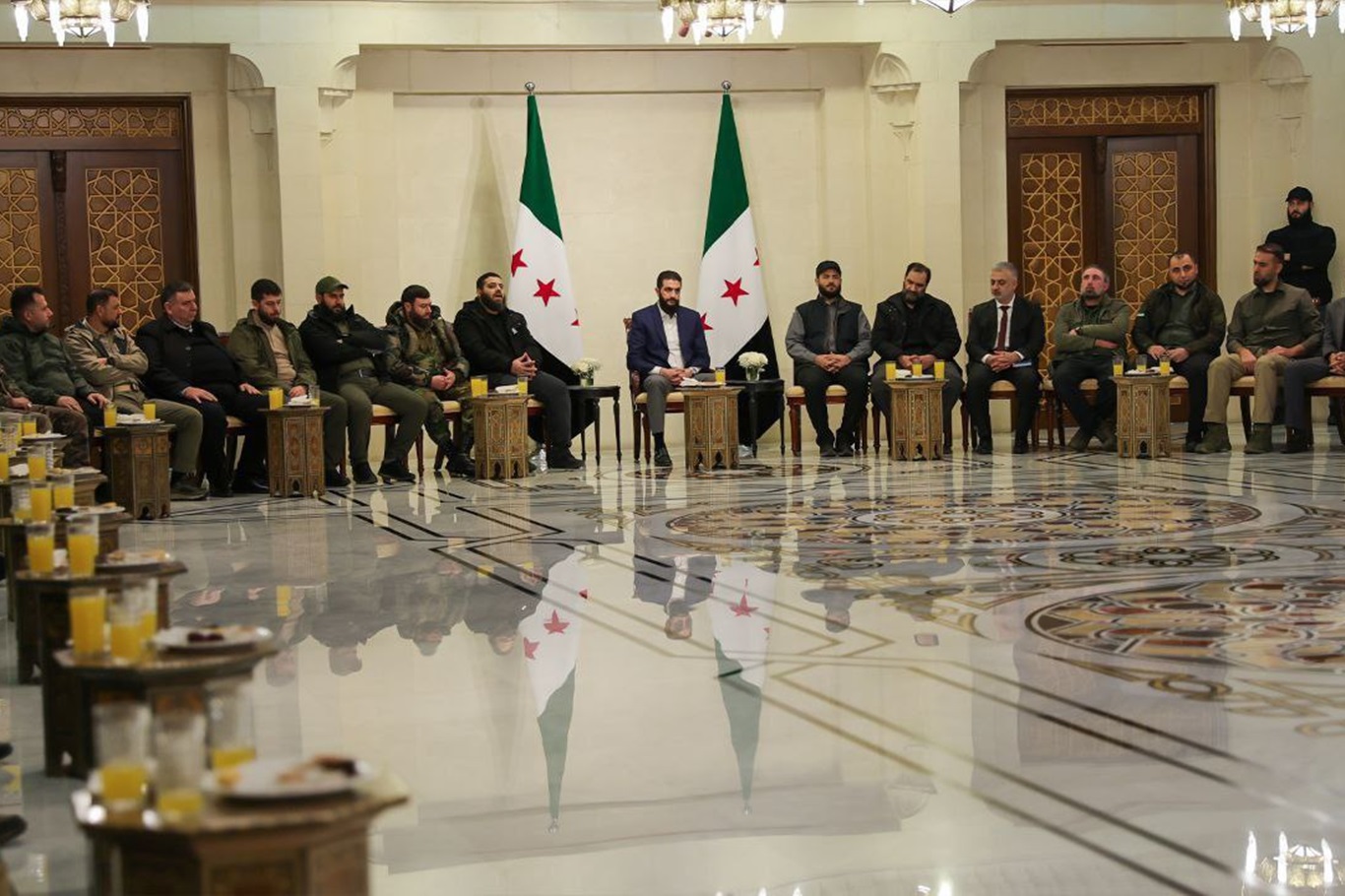Friday sermon emphasizes Prophet Muhammad's role in shaping morality and society
As the Islamic world prepares to commemorate Mawlid Al-Nabi, the birth of Prophet Muhammad (PBUH), Turkey's Presidency of Religious Affairs has prepared a meaningful sermon that was delivered in mosques throughout all 81 provinces during Friday Prayers.
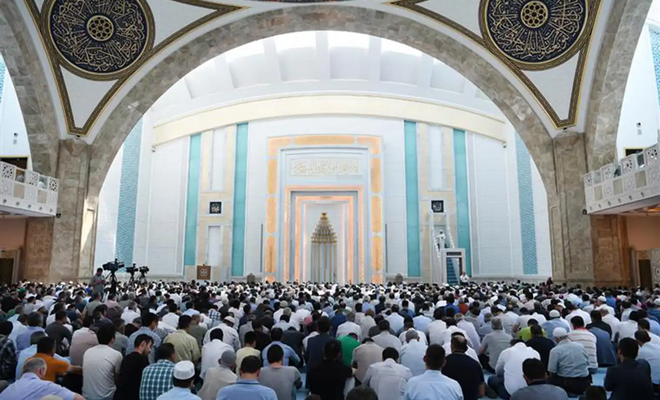
 Google News'te Doğruhaber'e abone olun.
Google News'te Doğruhaber'e abone olun. The sermon emphasizes not only gratitude for the Prophet’s life but also the need for Muslims to deeply reflect on his teachings, character, and the moral responsibilities they carry today.
The sermon begins with expressions of profound thanks to Allah (SWT) for allowing the faithful to commemorate another Mawlid Al-Nabi, acknowledging the birth of the Prophet Muhammad (PBUH) as a pivotal moment for all of humanity. The Prophet, described as a "mercy to the worlds," is honored for his role in guiding believers toward a life rooted in morality, justice, and compassion. “Endless thanks and praise be to our Lord Almighty (SWT), Who has enabled us to reach another Mawlid Al-Nabi; salat and salam be to our Prophet Muhammad Mustafa (PBUH), for being a member of whose ummah we are honored," the sermon declares.
The Prophet Muhammad: A Model of Virtue and Justice
The sermon underscores that Prophet Muhammad (PBUH) was created with "the highest standard of morality" and was sent to perfect human character. He remains the ultimate role model for all humanity, embodying the principles of faith, morality, and good deeds. The message draws attention to the Prophet's teachings that good character and faith are inseparable, emphasizing that one’s morality should permeate every aspect of life.
Quoting the Qur'an, the sermon references a verse from Surah Al Imran, stating, "Indeed, Allah has done the believers a great favor by raising a messenger from among them—reciting to them His revelations, purifying them, and teaching them the Book and wisdom." (Surah Al Imran, 3:164). This verse reflects the deep connection between the Prophet and the divine message, reinforcing the importance of adhering to his teachings in every aspect of a believer’s life.
The Prophet’s role in promoting justice, mercy, and respect for all individuals, particularly the vulnerable, is highlighted. He advocated for the protection of family, the rights of women, the elderly, and orphans, and the dignity of all human beings. The sermon poignantly recalls how the Prophet uplifted the status of women, stating, “He is the one through whom daughters who had been buried alive, who had been scorned and despised, were brought back to life." His advocacy for the downtrodden, especially the orphaned and oppressed, serves as a timeless reminder for Muslims to uphold justice and compassion.
A Call for Reflection Amid Global Suffering
In a time when global suffering and injustices continue to plague many societies, the sermon takes on a tone of urgency. It laments the current state of the world, where human values are often trampled, and innocents, especially children, fall victim to violence and oppression. The sermon specifically mentions the ongoing crisis in Gaza, where brutal massacres and oppression are being witnessed. In such a context, simply commemorating the Prophet’s birth is not enough, the sermon argues. Instead, Muslims are called to live by the Prophet’s teachings and to advocate for peace, justice, and the protection of innocent lives.
"Our duty today is to be duly obedient to the Messenger of Allah (PBUH) and to hold fast onto the Holy Qur'an and his Sunnah, which is the greatest heritage he left for us," the sermon reminds believers. This call to action urges Muslims to bring the good morals and values taught by the Prophet into everyday life and to actively work against oppression, including the ongoing violence affecting innocent people worldwide.
Mawlid Al-Nabi Week: Focusing on Character Building
As part of the Mawlid Al-Nabi celebrations, the Turkish Presidency of Religious Affairs has announced that this year's theme will be "The Prophet Muhammad and the Building of Personality." Throughout Mawlid Al-Nabi Week, which includes the anniversary of the Prophet's birth, events will be held nationwide to emphasize the role of the Prophet in shaping not only personal character but also societal values. These events aim to foster a deeper understanding of how the Prophet’s life and teachings can be applied to modern challenges, including moral and social issues.
The Presidency has warmly invited all segments of Turkish society to participate in these events, which will offer opportunities for Muslims to learn more about the Prophet’s exemplary life and to reflect on how his teachings can guide them in building stronger, more ethical, and harmonious communities.
A Path to Peace and Justice
The sermon concludes with a powerful message of hope: a reminder that following the Prophet's Sunnah can lead to a world free from oppression and injustice. It envisions a future where people live together in peace, free from harm and suffering, and where the rights of every individual are respected. The key to achieving this, according to the sermon, lies in returning to the Prophet’s message of morality, justice, and compassion.
Quoting from Surah Ali 'Imran, the sermon closes with the words: "Say, O Prophet, 'If you sincerely love Allah, then follow me; Allah will love you and forgive your sins.'" This serves as a final reminder to believers that true devotion to Allah and the Prophet lies not only in commemoration but in living by their example.
As Turkey prepares to observe Mawlid Al-Nabi, the sermon calls on all Muslims to use this time to reflect deeply on their faith and responsibilities, and to commit themselves to living by the Prophet’s teachings, which continue to offer guidance for building a more just and compassionate world. (ILKHA)




























